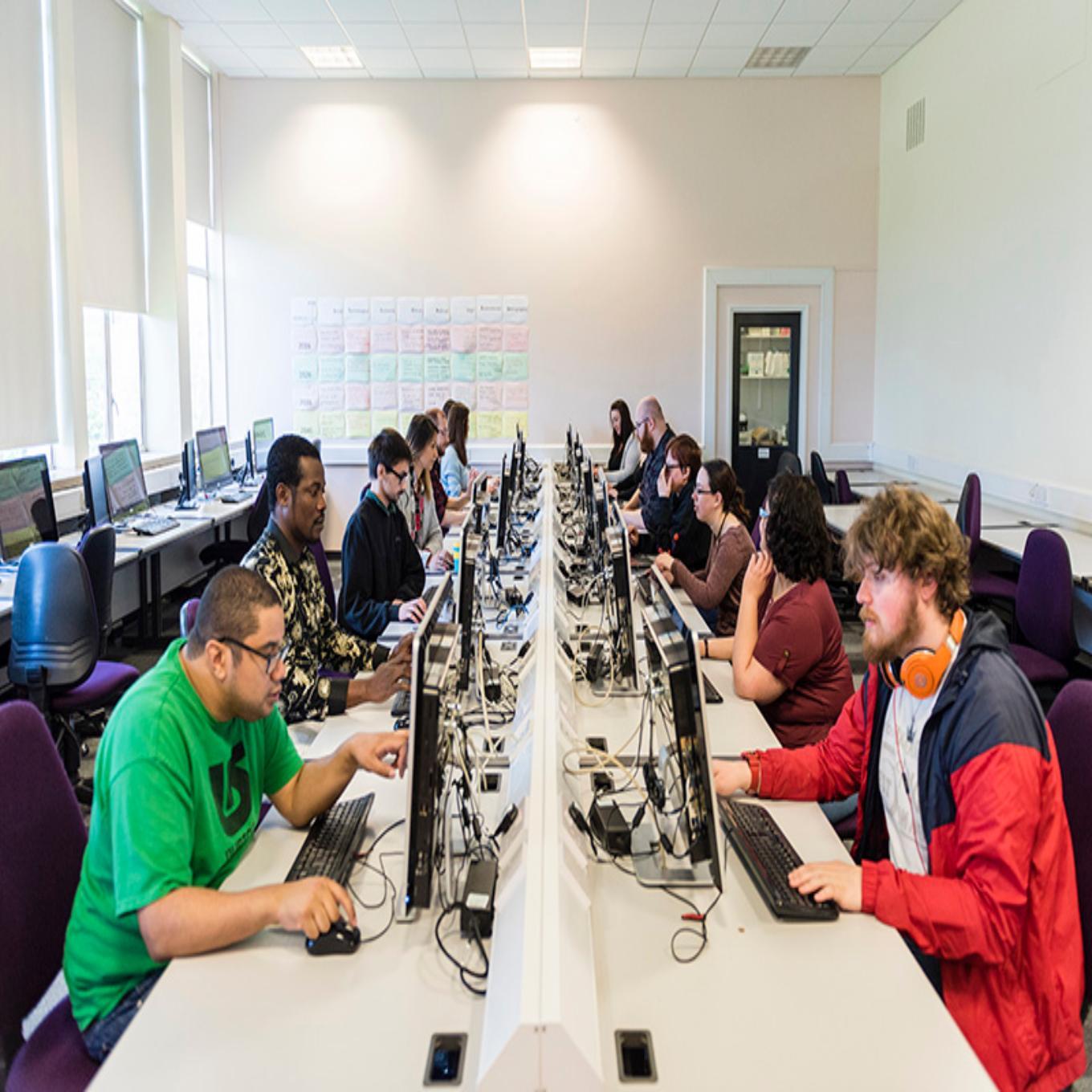CISCO Networking Academy

Course details
Year of entry
2023, 2024
Institution Code
G53
Location
Wrexham
Why choose? this course?
We live in an increasingly connected world, creating a growing need for technical skills. The CISCO Networking Academy is designed to provide students with valuable technical skills which are in high demand by many employers in today's competitive job market.
Key course features
- The CISCO Networking Academy gives students the opportunity to participate in a powerful and consistent learning experience.
- Supported by high quality, online curricula and assessments with qualified instructor training.
- Learn about the fundamentals of computer networking, as well as gain experience of configuring network devices (switches and routers) and designing small networks (LANs).
- The completion of the second year course will prepare you for the CISCO Certification examination.
What you will study
The Academy programme combines instructor-led, online learning with hands-on laboratory exercises, where you can apply what you learn in class while working on dedicated computer networks. Study the theoretical aspects of the programme at your own pace. Each of the modules involves a practical element, so practical sessions, along with tutorial support for the theoretical material, are scheduled throughout the year.
- Network Fundamentals
- Routing Protocols and Concepts
- Local Area Network (LAN) Switching and Wireless
- Accessing the Wide Area Network (WAN)
- LAN and WAN Technology
- Network Management
- Network Configuration and Troubleshooting
- Internet Technology; TCP/ IP, ISDD, Hubs, Switches, Routers and Gateways
- Routing protocols include RIP, OSPF, EIGRP
- Networking protocols include IPv4 and IPv6
The information listed in this section is an overview of the academic content of the programme that will take the form of either core or option modules. Modules are designated as core or option in accordance with professional body requirements and internal academic framework review, so may be subject to change.
Entry requirements & applying
The standard entry requirement for these programmes is an honours degree of at least 2:2 classification in a Computer Science related subject area, or equivalent in any science-based degree with a strong computing and/or engineering element. In some cases, applicants with substantial commercial or industrial experience can be accepted, subject to interview and references.
You may also undertake one or two modules per year (classed as a short course). For more information about the short course option, contact enterprise@glyndwr.ac.uk.
Teaching & Assessment
Each award consists of four modules that are studied in sequential order.
After completing all 4 modules students will be suitably qualified to be able to sit the CCNA - Routing and Switching examination.
These comprise of two exams the 100-105 ICND1 and the 200-105 ICND2. These exams are external to Wrexham University, and will not form part of the course delivery.
Fees & funding
£125 for one module (July - August)
£250 per year (2 modules)
£500 for all 4 modules (2 years)
For more information see our fees and finance pages.